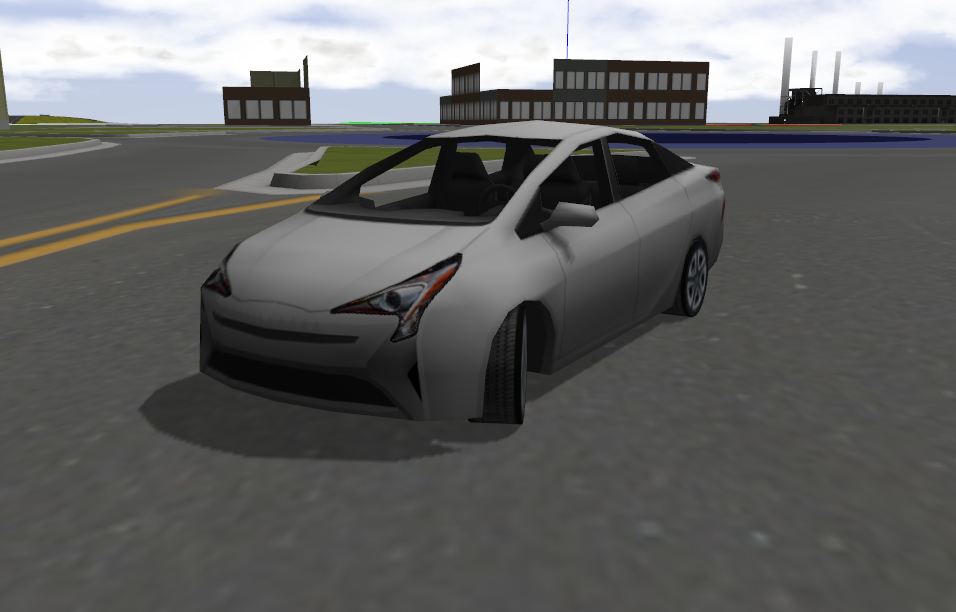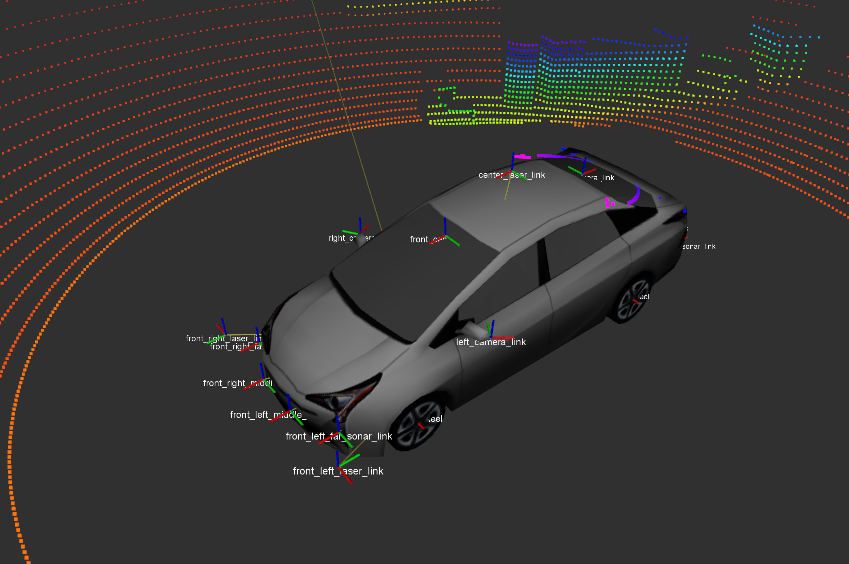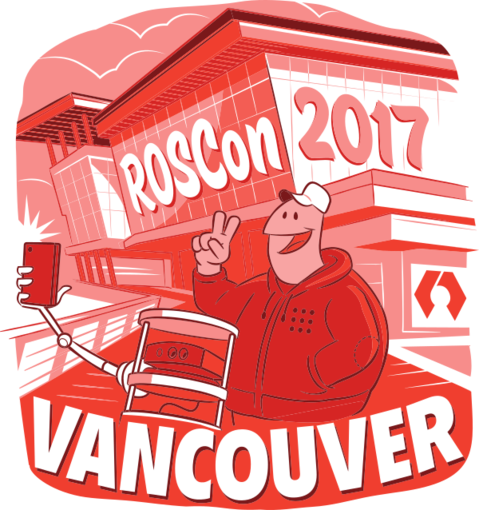The ROSCon 2017 organizing committee aims for ROSCon to represent the entire ROS community, which is diverse and global. In addition to promoting technology that is open source, we also strive to ensure that our communities themselves are as open and accessible as possible, since we recognize that diversity benefits the ROS ecosystem as a whole.
Whoever you are, whatever you do, and wherever you do it, if you're interested in ROS, then we want you to join us at ROSCon. To help reduce the financial barriers to conference attendance, the ROSCon organizing committee is offering a number of scholarships to members of traditionally underrepresented groups in the tech community. Thanks to the support of the program's sponsors, these scholarships each include a complimentary conference registration pass and three nights' accommodation shared with another recipient*. Limited travel support is available for participants whose travel to the conference would otherwise be infeasible. Please note that all other expenses (including any visa requirements) will be the responsibility of the participant.
*To maximize the impact of the scholarship funds, scholarship recipients will be asked to share a room with another recipient. Under special circumstances alternative arrangements can be accommodated.
Eligibility
We invite applications from members of groups that have been traditionally underrepresented in the tech community (including but not limited to: women, LGBTQ+, people of color, people with disabilities, and people from ethnic minorities in their country of residence), who may not otherwise be able to attend ROSCon. Previous ROSCon Diversity Scholarship recipients are not eligible to re-apply.
Sponsors
The ROSCon 2017 Diversity Program has been made possible with support from the following sponsors:
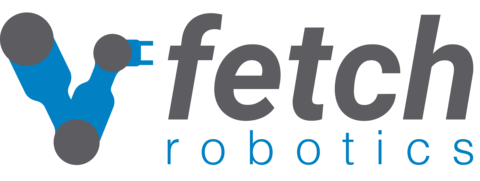

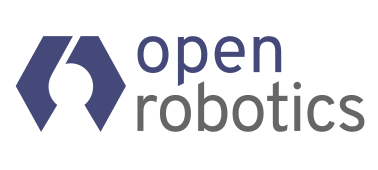


If your organization is interested in getting involved in the Diversity Program, please get in contact.
How to apply
To apply, fill out this form by June 25, describing how you are involved with ROS and the robotics community and what you hope to get out of attending ROSCon. Scholarships will be awarded based on a combination of need and impact. Every applicant will be notified of the outcome of their application.
For more information about ROSCon 2017, including the program, code of conduct, and childcare options, please see http://roscon.ros.org/2017
